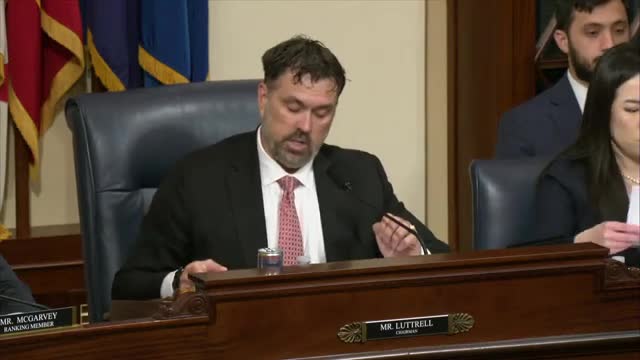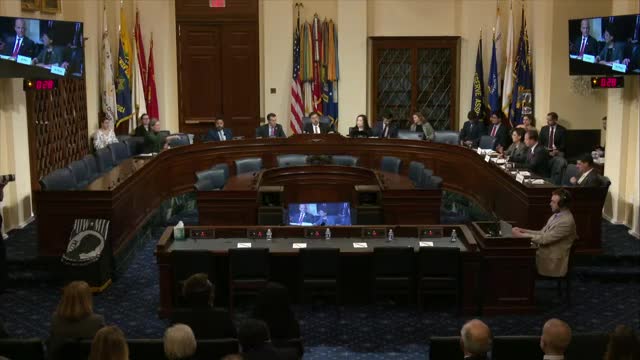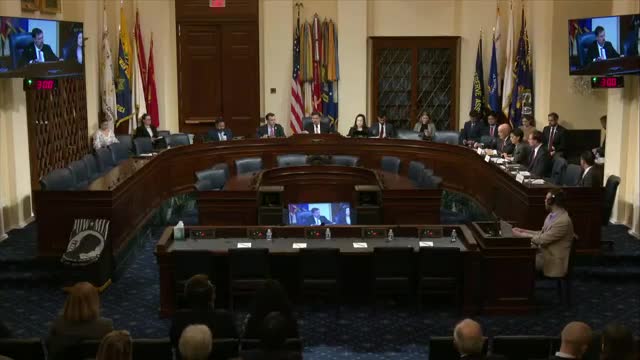Article not found
This article is no longer available. But don't worry—we've gathered other articles that discuss the same topic.

Subcommittee weighs bills to simplify VA claims: missed exams, forms, notice letters and training for military sexual trauma claims

House subcommittee hears push for ACES Act to study elevated cancer rates among military aviators

